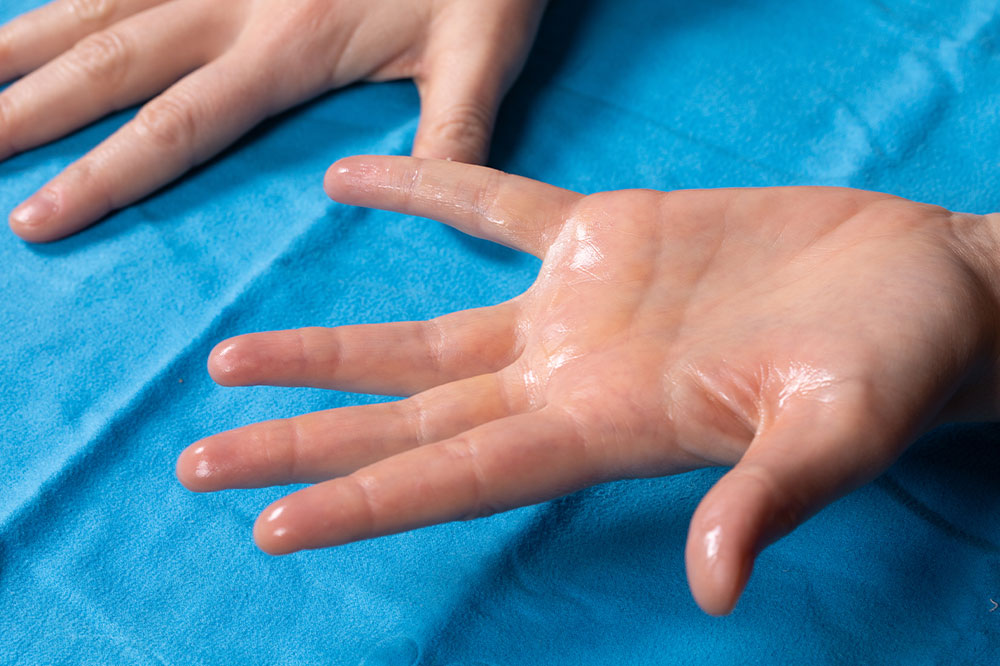
Symptoms and Diagnosis of Hyperhidrosis
Hyperhidrosis is a medical condition wherein an individual experiences heavy sweating. Usually, you sweat when you are nervous or if the environment is hot or humid. Hyperhidrosis is when you experience heavy sweating unreasonably without any triggers. About 5% of the population have the condition, but doctors believe the numbers are incorrect, as most people do not realize it is a medical condition.
1. Symptoms of hyperhidrosis
In your quest to identify hyperhidrosis, recognizing the symptoms is the key. The primary symptom is heavy sweating for six months or more without any reason. The symptoms can start showing before the age of 25. Hyperhidrosis causes heavy sweating episodes at least once a week. Typically, you will not sweat while you sleep, but the perspiration will affect your normal functions all through the day.
2. Types of hyperhidrosis
Primary focal hyperhidrosis refers to the type of heavy sweating disorder that occurs mainly in the face, head, hands, and feet. It starts in childhood and appears to have a genetic component. 30% to 50% of people with primary focal hyperhidrosis have a family history of this condition.
Secondary generalized hyperhidrosis is a side effect of either a medical condition or medication. It begins in adulthood, and all the symptoms are the same except they manifest all over the body. Night sweats also accompany this kind of hyperhidrosis.
3. Diagnosis
You might notice the symptoms mentioned above and suspect you have the condition. But you can get treatment and medical help only when a doctor makes the diagnosis. Remember to outline all the symptoms you are experiencing, other medical conditions, or unusual symptoms you may have apart from heavy sweating. The following are some tests your doctor might perform.
Physical exams
Your doctor will always start with a physical exam, enquiring about your and your family’s medical history. It helps the physician identify what kind of hyperhidrosis you may have. They might reconfirm the symptoms to make sure you report them all or describe them correctly.
Laboratory tests
Your doctor might also advise blood, sugar, and urine tests. These tests check if the cause of the hyperhidrosis is a different medical condition. Most commonly, it is other ailments like hyperthyroidism or hypoglycemia that cause excessive sweating.
Sweat tests
Sweat tests are rather obvious. Hyperhidrosis is a health condition that causes excessive sweating. Sweat tests indicate the regions that sweat the most and estimate the severity of the disease. These tests can include iodine-starch tests, thermoregulatory sweat tests, and skin conductance.
When to visit a doctor?
Sweating when you are nervous is embarrassing enough, but you should visit a doctor when you cannot identify the cause. Ensure to get an opinion from a medical practitioner when sweating disrupts your natural routine. When emotional distress or social withdrawal creeps into your life, you should seek help. You need immediate attention if chest pain, nausea, or lightheadedness accompanies excessive sweating.



